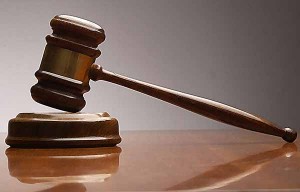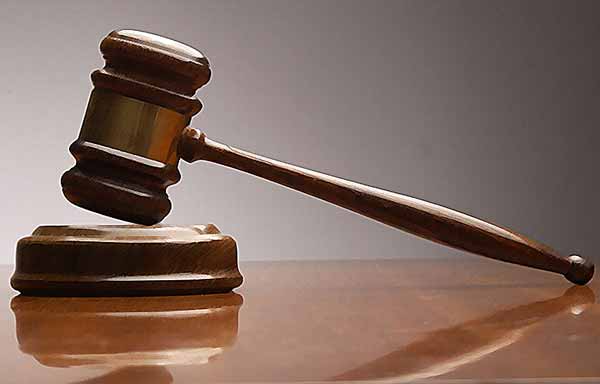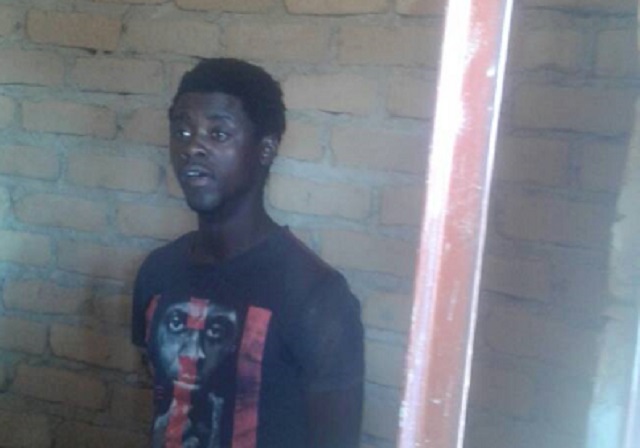The journey to repelling laws that sparked the deadly demonstrations of July last year began on Thursday with the reversal of the law that banned citizens from obtaining injunctions against the government.

The matter virtually turned Parliament into a house of regrets, vindication, revelations, blame, accusations and counter-accusations as parliamentarians took turns justifying its repelling. The irony was that, for contradicting reasons, MPs who spoke agreed on taking the law to its original form.
“It’s chickens coming home to roast. The MCP and UDF, then in opposition, walked out of parliament when this bill came up. In fact, the present leader of the house [Henry Phoya] found himself in hot soup when he too objected to the bill while in the DPP at that time.
“This bill almost caused a constitutional crisis. Until now, I don’t know the fears of the proponents of the bill. The MCP is happy that this amendment will restore confidence in the judicial system in Malawi,’ Alekeni Menyani, Malawi Congress Party spokesperson on legal affairs, told parliament.
And without objecting to the amendment, leader of the DPP in the house George Chapola said his party was surprised with the speed with which Parliament appeared to be handling the amendment, saying in their view, there should have been thorough and adequate consultations before action.
The position was echoed by deputy leader of the house Goodall Gondwe who warned the house that careless handling of the amendment would take Malawi back to pre-independence colonial days.
“I know we will pass this law but we should be passing it with a complete understanding of what is passed. Do we want government to suffer injunctions by bringing back ex-parte relief? Let’s repel this indeed but let’s not go to the colonial period. This is word for word a colonial law,” he said.
However, Minister of Justice and Attorney General Ralph Kasambara was quick to point out that the exercise in Parliament was simply to revert the status of the law to July 8, 2011 when it was changed and that should some parliamentarians want it further scrutinised, is should be handled separately.
Supporting the amendment, former information minister Simone Vuwa Kaunda said he was happy that government brought in the amendment of the Civil Procedure (Suits by or Against the Government or Public Officers) because he was a victim of the July 20 national demonstrations.
“Because I was duty bound to defend the policies of the government while I was minister of information, angry citizens burnt my house in Mzuzu and business premises in Lilongwe. My conscious is very clear and I am not ashamed to call this piece of registration a bad law,” he said.
Blantyre City South East MP Jeffry Mtelemuka, Mzimba South MP Paul Shaba, Mzimba Hora MP Rev. Christopher Ngwira and Chitipa South MP Chimango Mughogho spoke generally rebuking the DPP government for trying to gag the judicially through dictation of how they would operate.
Minister of Energy Cassim Chilumpha told the house that the law tore apart the country and that events of July 20 reflected on the country’s resentment such that the new government was duty bound to assure Malawians that whenever they have grievances, they would be looked into.
He said the bill passed last year was unconstitutional as it contravened items of the constitution such as accountability besides being inconsistent with sections 8 and 41 subsection 3.
“The bill is giving us a right which we shall need. May be not today,” he said, noting that as vice president of Malawi, he enjoyed this right when he was accused of constructive resignation.




